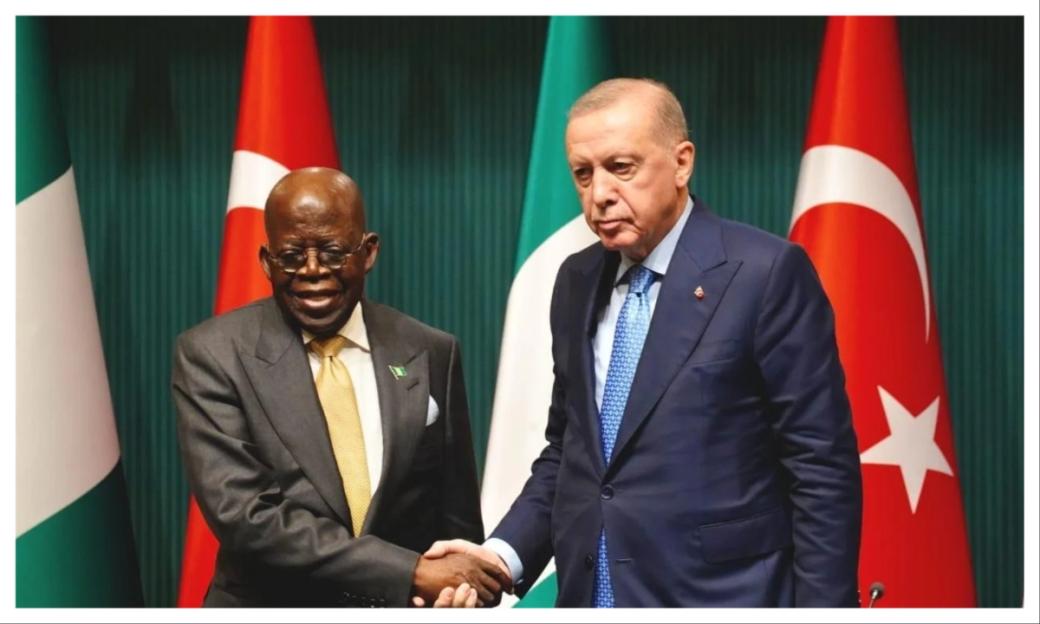Table of Contents
- Advice from the Deputy Governor
- Importance of Training
- Modern Communication Techniques
- Allegiance to the Public
- Responding to Criticism
- Role of Media Aides
Dr. Peter Odey, the Deputy Governor of Cross River State, has encouraged media aides and communications managers of government officials in the state to adopt insights from contemporary techniques.
He made this appeal during his visit to a two-day training organized by the Agba Jalingo Foundation for Investigative and Accountability Journalism Masterclass, focusing on Artificial Intelligence, Data Analysis, and Law in Communication. This training was designed for journalists and media aides working with the State Governor, his deputy, and local government chairpersons over the weekend.
Odey emphasized the significance of the training, stating it is crucial for enhancing the effectiveness, efficiency, and relevance of the participants within the system.
“We need you to be well-trained, more effective, and efficient to assist your principals in modern communications,” he asserted.
The lead trainer, Dr. Monday Ashibogwu from Quick News Africa, encouraged media aides to enhance their contributions and professional inputs in accordance with current trends.
Another trainer at the event, Dr. Cornelius Ellah, who serves as the acting head of the Department of Journalism and Media Studies at the University of Cross River State, urged government spokespeople, press secretaries, and media assistants to prioritize their commitment to the public over their allegiance to their principals.
He reminded media aides that, like their principals, they also serve the public.
“You are servants to your principals, who in turn are servants to the people. While you are compensated to safeguard and enhance their public image, your primary loyalty should lie with the public rather than your principals or personal gains,” Ellah emphasized.
The journalism expert advised that when their principals make negative remarks about citizens, either intentionally or unintentionally, media aides should respond with public interest and fairness in mind.
During his discussion on Media Information and Literacy in Communication, Ellah warned media aides against using harsh or resentful language when addressing criticisms directed at their principals.
“Attacking critics with bitterness does not benefit your bosses. Maintain maturity, continue learning, and set aside personal feelings, regardless of whether the issues are favorable to you,” he suggested.
Ellah also reminded them not to undermine their employers, stating,
“You cannot bite the hand that feeds you.”
He clarified that media aides serve as public relations officers rather than journalists, thus they should perform their roles with tact and consideration.
“As media aides, it is essential to engage all stakeholders before making statements. You are not constrained by journalists’ deadlines, so take the time to consult your principals and verify information prior to responding,” he added.
He encouraged them to view communication as a means of building bridges between the government and the public, rather than as a tool for attack.
Frequently Asked Questions
What was the purpose of the training organized by the Agba Jalingo Foundation?
The training aimed to enhance the effectiveness and efficiency of journalists and media aides in modern communication techniques, focusing on Artificial Intelligence, Data Analysis, and Law in Communication.
What advice did Dr. Cornelius Ellah give to media aides?
Dr. Ellah advised media aides to prioritize their loyalty to the public over their principals, respond to criticisms with fairness, and engage all stakeholders before issuing statements.







